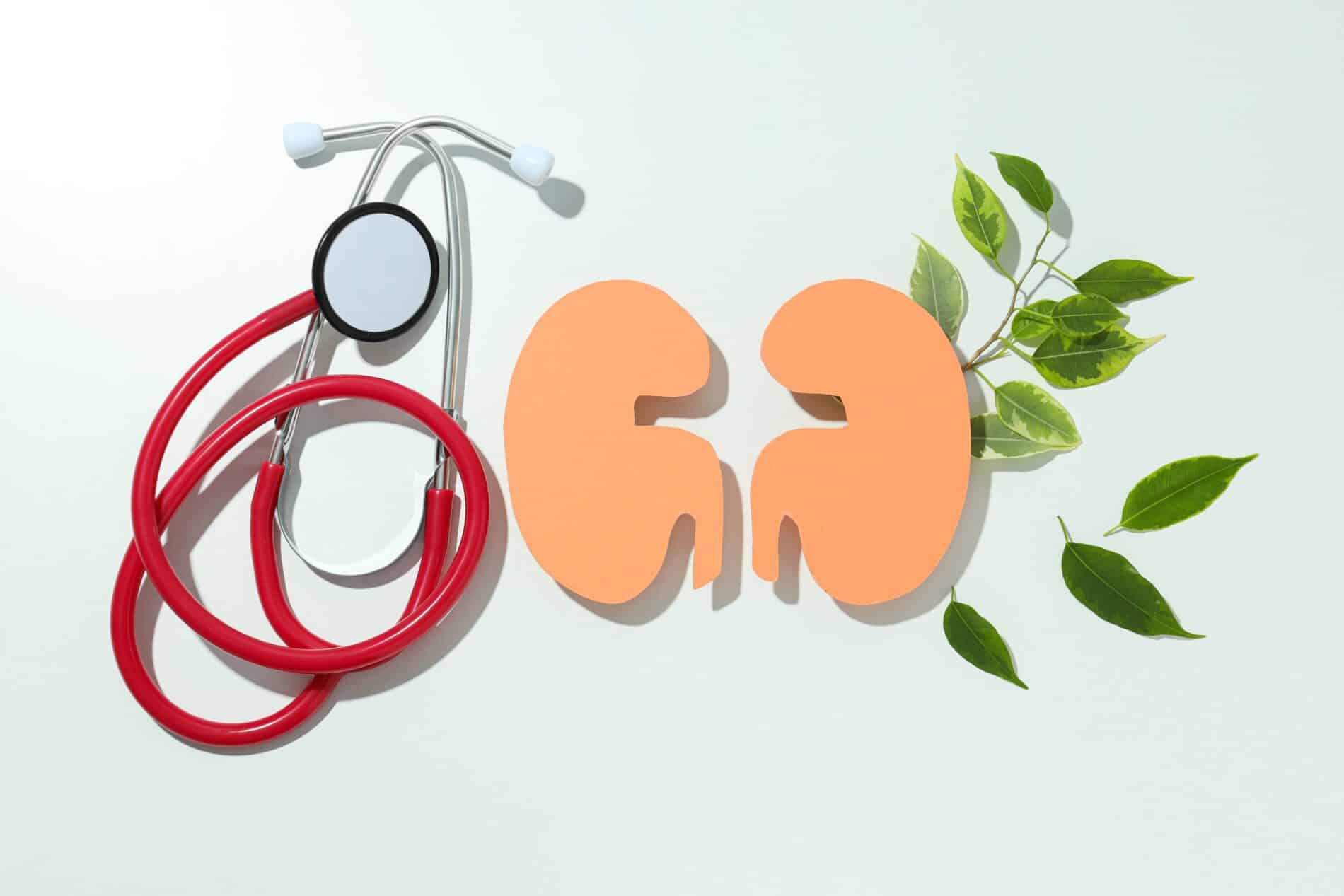
Things When The Adrenals Go Bad | Innovative Health
Too much of a good thing can prove to be bad. This is the case for many individuals who start with stress, but end up with chronic fatigue. We are going to look into the hypothalamic-pituitary-adrenal axis (HPA axis). This will include looking at normal function, and what are detrimental side effects when things go bad. I will also tie in blood sugar and concussion which I have previously talked about.
What is the HPA Axis?
The HPA axis is communication between the hypothalamus, pituitary, and adrenals. The hypothalamus is part of the brain and sends a signal, corticotropin-releasing hormone, to the pituitary which releases ACTH (adrenocorticotropic hormone). ACTH then is sent to the adrenals and stimulates the production of cortisol. Cortisol has a few main functions. These are gluconeogenesis, breakdown of glycogen, anti-inflammatory,
Normal Response of Adrenals
This axis responds to many things such as stress, exercise, and decreased blood sugar. Imagine if you are trying to exercise and your cortisol levels do not rise. This would result in decreased blood sugar leading to quicker fatigue and inability to continue with that exercise. Your body senses this though and uses the HPA axis to stimulate the release of cortisol which leads to increased production of glucose by breaking down glycogen and stimulating gluconeogenesis.
When you are sleeping the amount of blood sugar you have slowly decreases, your body recognizes this and it results in increased cortisol function to maintain appropriate blood sugar levels to allow your brain to have the energy it needs while maintaining sleep. When we are stressed this puts our body in a sympathetic response, commonly known as fight or flight response. This triggers the HPA axis again to provide the needed glucose for energy.
When Things Go Bad
Many people suffer from chronic fatigue syndrome. They aren’t exactly sure how it started, but most of them have a major event in the form of death in the family, illness, or new stress at work or home. These individuals can handle this for a time, but they soon start noticing changes in their mood and sleep patterns. They may have difficulties sleeping through the night or they wake up exhausted.
The energy they used to have throughout the day is no longer there and they are ready to call it a day by mid-afternoon. This results in less concentration and focus, which makes it harder to continue with their daily routine as before. This adds more stress to what they were already experiencing and it soon becomes a perpetuated cycle that is hard to break. When you don’t believe it can get any worse, you now can’t fall asleep even though you are very tired. Your mind is racing and doesn’t seem like it can shut off, even though you feel you have no energy for your mind to be racing.
- A common medication to raise cortisol- Cortef
- Common medication for anti-inflammatory properties- Prednisone
- Common alternative method to raise cortisol- exercise
- Common alternative method to module response- adaptogenic herbs such as Ashwagandha, Rhodiola, and Ginseng
Now Let’s Tie in Blood Sugar
Now imagine that you have elevated blood sugar, but have stress. Remember that stress causes the release of cortisol which results in increased blood sugar. This now drives up your blood sugar higher than it was previously even though you have made no dietary changes that should result in this elevation. This seems to be ok for a while, but soon you notice that your blood sugar is climbing higher than ever and you are still fatigued.
This is the result of insulin resistance. The increase in blood sugar has caused an increase in insulin to deal with it. The problem is that when your insulin continues to spike your receptors are no longer as responsive as they should be. This results in more insulin production with elevated blood sugar compared to the past. This is a major problem, as you now have more than one issue like before. You have chronic fatigue, sleep disturbances, decreased concentration, and now are heading towards Type 2 diabetes if you aren’t already there.
Common medications for blood sugar
- Metformin (glucophage)
- Glipizide
- Glitazones
- Insulin
Now Let’s Add Concussion to the Mix
Glucose is the main source of energy and your brain when healthy uses 25% of the body’s total requirement. Immediately following a concussion or head injury there is an increase in blood sugar with decreased blood flow. This increased blood sugar results in the production of reactive oxygen species which decreases the production of endothelial nitric oxide which prevents adequate tissue perfusion.
The brain also goes into an energy crisis as the mitochondria are affected and the receptors are dysfunctional. This leads to over over-firing of the neurons which results in a greater need for glucose. This will lead to activation of the HPA axis to stimulate the production of cortisol to provide more glucose. Like before this response is beneficial, but when it stays activated it results in central insulin resistance which results in the need for more glucose. This results in the breakdown and breach of the blood-brain barrier which leads to inflammation and apoptosis.
Common medications for concussion are aimed at managing symptoms
- Imitrex for migraines
- Fioricet for tension headaches
- Cyclobenzaprine for muscle spams
- Trazodone for sleep
- SSRIs such as Prozac for depression
Putting It All Together
- Acute stress is a normal response
- During times of stress and exercise cortisol helps provide glucose for bodily functions
- Prolonged stress leads to symptoms of fatigue, emotional changes, and altered sleep
- Sustained elevation of blood sugar leads to insulin resistance
- Elevated blood sugar decreases the ability of the brain to heal
It is very important to understand labs and how to read them. Valuable labs to assess this area of function include CMP, c-peptide, HbA1c, and salivary cortisol.


